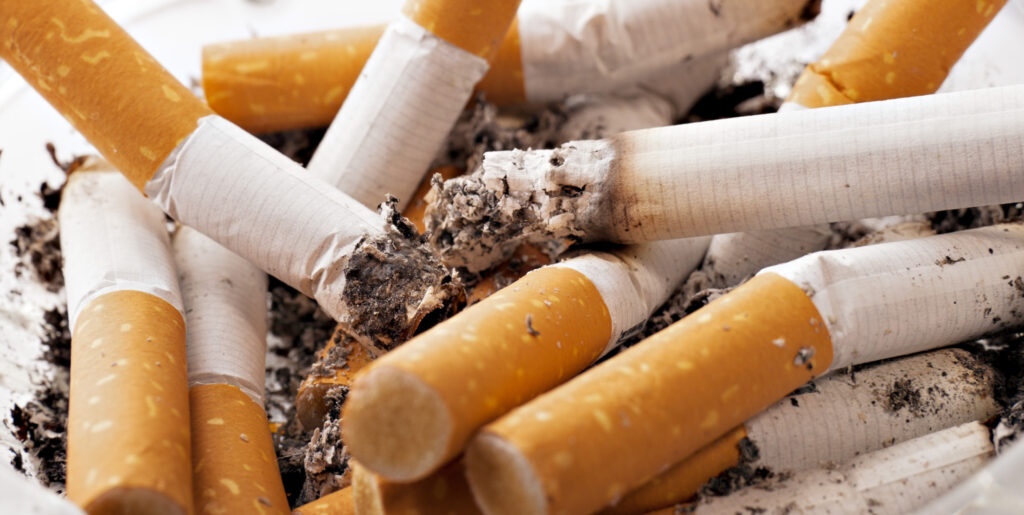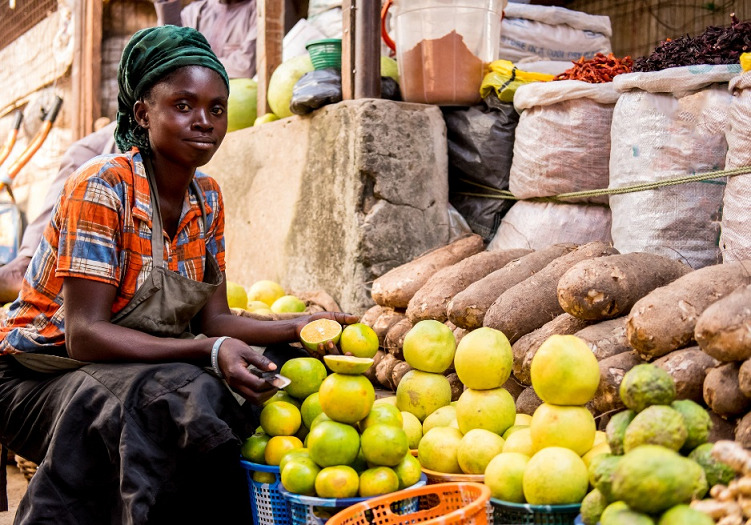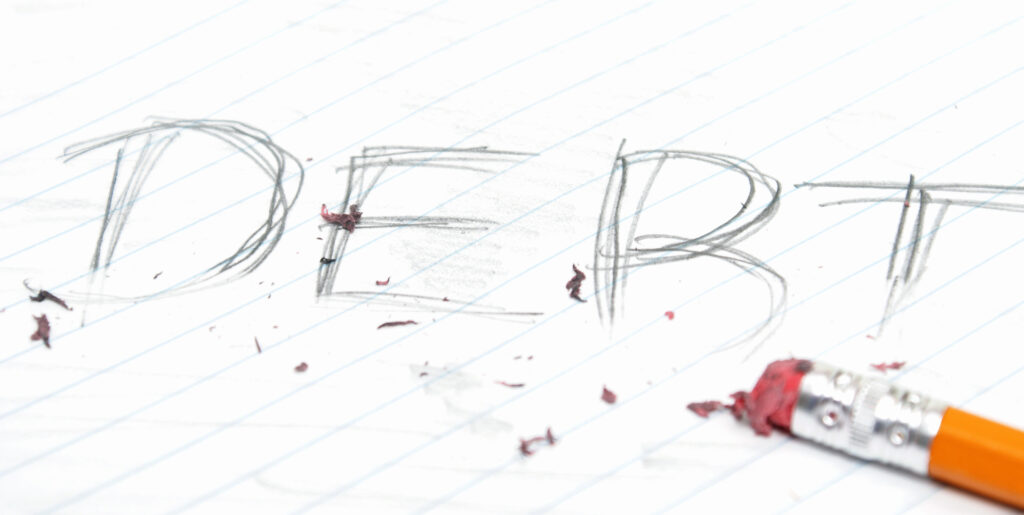Nigeria: The Resource Conundrum
This paper examines in great detail the impact of the Russia-Ukraine war on the Nigerian economy for the purpose of informing experts and non-experts alongside providing recommendations to the government. Specifically, it evaluates the trade, monetary, fiscal and macroeconomic conditions of the economy since the war began, as well as debt vulnerabilities, whilst discussing the official response so far, and seeking to forge a path for the government and its international partners.
Nigeria’s monetary and fiscal conditions have deteriorated since the war began. As a major oil producer, one could expect that Nigeria would benefit, without nuance, from higher energy prices. This has not been the case: declining oil production at a time when oil prices led to less of an export boost than expected. Moreover, the rise in the global price of food and fertilisers has translated to higher input costs for households and firms. Meanwhile, spending on oil imports and other merchandise imports, as well as various services (for instance, medical payments and tuition fees) are significant enough to have increased the demand for foreign exchange, consuming most of the increase in income associated with being an oil-exporter and causing a depreciation of the naira.
On monetary policy, the CBN’s financing of the government deficit has also created a weakness that has questioned its independence and made the naira increasingly vulnerable to speculation. Put together, tolerating these domestic economic weaknesses has contributed to the depreciation of the naira, which is not completely reflected in the official foreign exchange market. With stagnation in non-oil revenues and continuous increase in public spending, the government has had to increasingly turn to debt to finance its development needs. The IMF classified Nigeria’s debt as sustainable but points out that threats exist over the medium run, due to the high ratio of interest payments to public revenue.
The analysis presented in the paper shows that war will have a positive impact on real income at the macro level. Considering the increase in prices experienced in the first half of 2022, real income at the macro level is expected to increase by 3.6% in 2022 while multi-year simulations find that real income will increase by 3.9% in 2023 and 2024, as Nigeria gains from being a net exporter of fuel and natural gas and loses on the basis that it is a net importer of food commodities such as wheat.
However, the results at the household level are quite different: the ultra-poor households are worst hit by the war – food expenses are taking a higher share of their income. Further analysis shows that all households experience a decline in average real income (welfare gains are negative). But the lowest quintile households suffer the most from higher expenditure, (3.3% relative to 1.4% for the top quintile) while they experience a decline in average real income (-0.4%).
This publication was first published by the Finance for Development Lab. Click to read more here


 English
English
 Arab
Arab
 Deutsch
Deutsch
 Português
Português
 China
China




